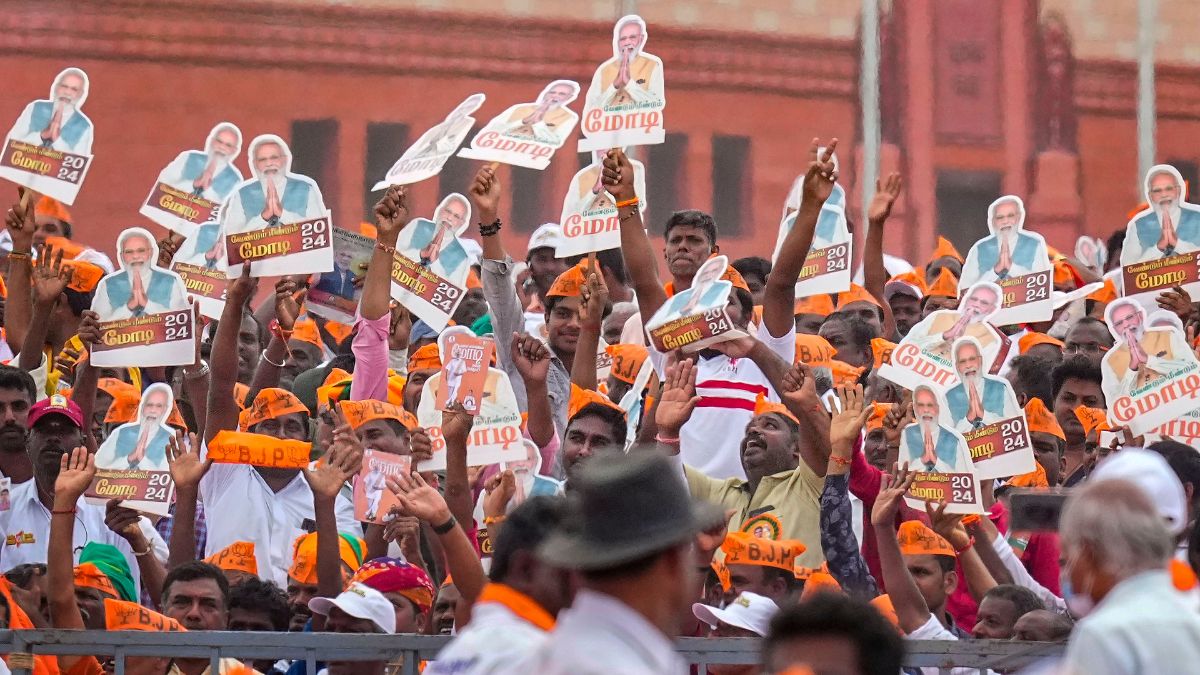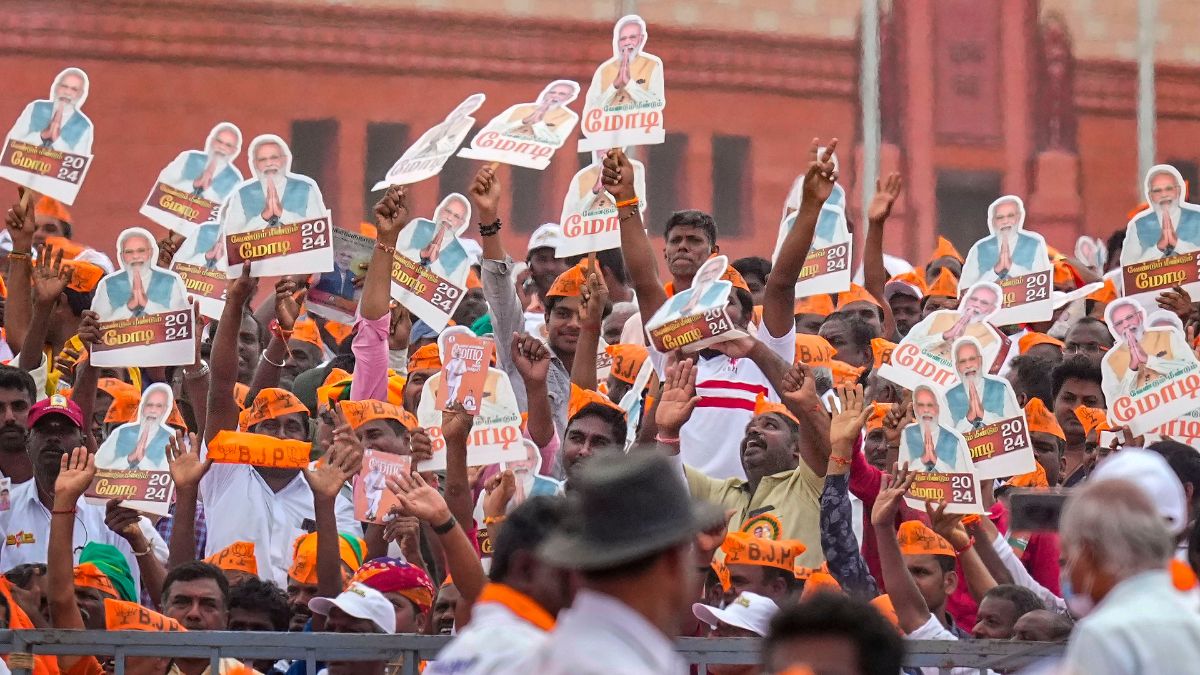In a major setback to India’s regional cooperation strategy, Bhutan’s Upper House has rejected a move to have the country join the Bangladesh, Bhutan, India, Nepal Motor Vehicles Agreement (BBIN MVA), citing environmental concerns.
The four South Asian nations signed the BBIN agreement in June last year in Thimphu, Bhutan, in what was seen as a significant symbol of sub-regional unity. The agreement allowed for the regulation of passenger, personal and cargo vehicular traffic among the four countries.
However, there have been reservations among some sections within Bhutan about the viability of this agreement given that it was a small country.
After the National Assembly or the lower house of the Bhutanese parliament endorsed the agreement earlier this year, it forwarded it to the National Council for consideration. But, on Tuesday, the National Council voted against Bhutan joining the agreement.
According to Sonam Kinga, Chairman of the National Council, there were two votes for joining the agreement, 13 against, while five members abstained from voting.
The sub-regional pact was being seen as an important milestone in Prime Minister Modi’s much touted diplomatic agenda to ‘Look East’ and forge a regional cooperation boosting trade ties in the region. It was India, under the Prime Minister Modi. that introduced and pitched for the pact in the 2014 Saarc Summit in Kathmandu, urging the South Asian neighbours to fortify regional economic ties.
““Our relations become stronger when we connect the lives of the ordinary citizens of our countries. That is why connectivity and services by rail and road are so important. We should also connect ourselves more by air,” Modi had said at the summit according to The Times of India .
But with Bhutan’s refusal to ratify the agreement, Modi’s dream to establish a seamless cargo and vehicular passageway in the region has hit a roadblock.
What is the BBIN MVA pact?
To boost trade relations, India had proposed a regional cooperation pact in the 2014 Saarc Summit, which entailed building a freight corridor connecting the south Asian nations with each other.
The MVA was proposed to reduce transport costs drastically and and foster development of multi-modal transport facilities for a better connectivity between the four countries. It allowed the member states to ply their vehicles in each other’s territory for transportation of cargo and passengers , including third country transport and passenger vehicles or personal vehicles.
All vehicles would however be required to obtain permits to enter another nation’s territory and bilateral border security arrangements will also remain in place.
A very optimistic deadline of October 2015 was slated for the implementation of the agreement after a six-month work plan was worked out in accordance with the protocols, according to Business Standard .
However, the pact can only become operational when all nations ratify it.
India, Nepal and Bangladesh have already ratified the pact but Bhutan’s refusal is likely to delay the implementation of the key trade cooperation agreement further.
Although, India already holds bilateral motor vehicular pacts with Bangladesh and Nepal, a multilateral agreement could have bolstered regional cooperation manifolds.
The view from Bhutan
India, Nepal, Bangladesh and Bhutan had inked the agreement in June 2015 in Thimphu, the capital of the land-locked Himalayan nation. Union Transport Minister Nitin Gadkari had visited Thimphu to ink the deal sealing India’s commitment to the agreement, according to The Economic Times .
In Bhutan, those in favour of the agreement argued that the protocols for the terms and conditions of agreement were yet to be formulated and the country could negotiate to tilt the scales in its favour.
However, reservations from certain sections of Bhutan had been evident ever since the start of the ratification process. Senior government officials in the Union road transport and highways ministry had revealed that a “large cross-section of people in Bhutan, including lawmakers, had expressed concerns over the environmental impact of allowing large number of vehicles enter the country after it ratifies the pact,” according to a report in Hindustan Times .
Another report in The Wire said, that although Bhutan’s lower house, called the National Assembly, passed the bill, it could only do so on the second attempt, indicating the Bhutanese discomfort with forging a multilateral pact with nations that have better infrastructural assets at their disposal.
Reports in local media too pointed out that Bhutan is a much smaller nation and a huge amount of traffic from its larger neighbours would strain the countries limited infrastructure and impact the environment.
An article from Bhutan News Network states, “Environment protection is one of the four pillars of Bhutan’s gross national happiness, with sustainable development, promotion of cultural values and good governance being the others,” adding that the Opposition parties have been raising concern over the environmental impact of the increased vehicular traffic.
However, Bhutan’s reservation on damaging its environment is not unfounded. Tourism is Bhutan’s single largest revenue generating industry, and the small Himalayan nation has carefully guarded its pristine natural habitat. It has even worked out a “low-volume, high-value” tourism strategy and maintained its status of an elite tourist destination. It touts itself to be the “untouched Himalayan Paradise” charging tourists $250 a day as a minimum fee (a charge not applicable to Indian and Bangladeshi nationals) to witness the natural wealth abound, according to The Wire .
However, threat to environment is not the only loophole in Bhutan’s eyes. The land-locked nation finds itself gaining little from the agreement amid a long list of demerits.
Another article in Business Bhutan , states that there is more to the agreement than meets the eye. The article states that Bhutanese truckers have raised concerns that large number of foriegn transporters plying into Bhutan could eat into the local businesses. The article also states that the local transporters are also “unsure of the ramifications of chartering out into unexplored neighboring territories.”
Another article, in Kuensel Online , reported that the Bhutanese upper house, the National Council, was of the view that the merits of the agreement outweighed by the repercussions the tiny Himalayan nation would have to face. Some law makers were of the view that unrestrained influx of vehicles and people could dilute Bhutan’s culture and religion and possibly give rise to the crime rate in the region. The committee also found that the pact was in conflict with Bhutan’s immigration act. Member’s of the committee also observed that Bhutan severely lacks the basic infrastructure of roads, bridges, checkpoints etc to implement the agreement.
Another major objection the committe took was to the principle of reciprocity in the agreement. “The committee could not be convinced that Bhutan would be able to ask other members to stop their vehicles at the border or take in fewer vehicles than what it would be allowed to send in their territory due to the principle of reciprocity spelt in the agreement,” the article quoted the National Council’s objection.
Another prominent lawmaker in the upper house, Dasho Tashi Wangyal flagged anothe concern, stating that the agreement could impact India-Bhutan relations negatively. He said that India faces multiple security threats and is battling infiltration from its neighbous. A free flow of people could give militants an opportunity to sneak into Bhutan, or use its territory to infiltrate into India, which may compromise the healthy relationship Thimpu enjoys with New Delhi.
A setback to India’s strategic interests?
India is keenly invested into the successful implementation of the BBIN MVA agrrement. What was originally mooted as a pan-south Asian initiative, was later downsized to a sub-regional cooperation pact after Pakistan’s last minute intransigence, which also snuffed out landlocked Afghanistan’s chances to be a part of the deal.
This was being seen as another diplomatic victory for India to isolate Pakistan and undertake a sub-regional cooperation without it’s rival neighbour. It was also contrived to be another jewel in Modi’s much touted neighbourhood-first policy, making it especially important to the ruling BJP.
With the MVA stuck in another bottleneck, it will be another blow to the Modi government’s agenda.
Add to this the fact that India traditionally enjoys close ties and considerable influence in the neighbouring nation. After Pakistan, Bhutan’s refusal to be a part of India’s ambitious scheme would only add insult to injury.
However, India has stayed wary of pushing Bhutan too hard on the issue as it is aware of the diplomatic repercussions of it. Bhutan lies in between India’s largest border dispute — that with China. Beijing has time and again expressed its willingness to establish and improve diplomatic ties with Bhutan. But Thimphu has not pursued ties with China, at least with any visible zeal, to avoid creating any misunderstanding in its close ties with India.
However, this time around, Bhutan seems to be resolved to assert itself wherever it feels its interests are sacrificed.
With inputs from agencies


)




)
)
)
)
)
)
)
)